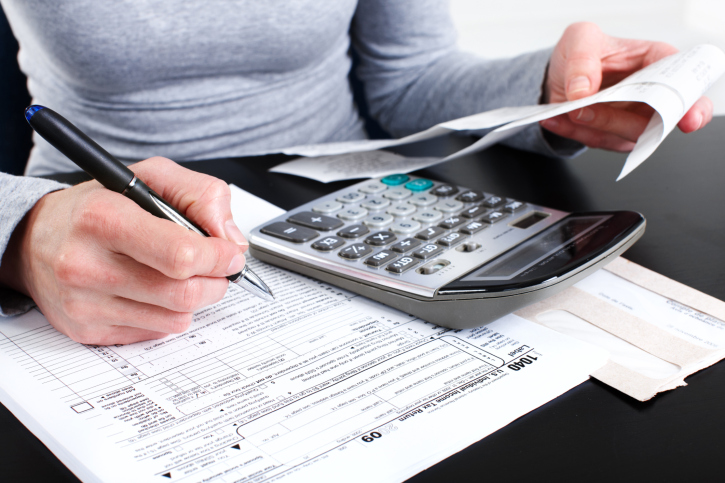Should You Finance The Sale Of Your Home By Yourself?
 You’ve decided to put your home up for sale. Now, how are you going to make the most money selling it and get it sold the fastest? Perhaps you should consider providing owner financing, also known as seller financing.
You’ve decided to put your home up for sale. Now, how are you going to make the most money selling it and get it sold the fastest? Perhaps you should consider providing owner financing, also known as seller financing.
Why Isn’t The Buyer Getting Bank Financing?
Usually a buyer gets bank financing when buying a home. If the buyer approaches you with a deal that involves you doing the financing, you’ll want to ask why.
It could be that they can’t afford a big down payment, and can’t be approved for a loan without it. Or, they may not be able to get financing at all, due to no credit or bad credit.
In that case, you’ll want to evaluate if you can afford the risk. Can you make the monthly mortgage payment in the event they default?
If you determine that the deal isn’t too risky, you can finance the home yourself for a greater profit. But, there are some instances when you won’t be able to owner finance your home for sale.
When Can’t I Owner Finance My Home?
You may not know that in order to finance your home yourself, you have to be able to pay off your current mortgage in full prior to making the sale. If you can’t afford to make the full payment, you won’t be able to owner finance the property.
If you already own the house outright, you’ll be able to finance the property. You may decide to owner finance part of the sale price for a higher interest rate.
This would be an ideal situation for a buyer who can qualify for a bank loan for most of the sale price, but is unable to be approved for a higher loan amount to get the rest.
After a year of making payments to the bank, the buyer may be able to finance the remaining amount, and then you’ll receive a lump sum for that amount.
What Else Do I Need to Know?
There are a lot of things to take into consideration before deciding if owner financing is right for you. Be sure to do your homework and understand the benefits and risks of owner financing. It is also wise to consult with a real estate lawyer and a professional real estate agent.
Thinking of listing your home for sale and offering owner financing? Let me help you determine if owner financing will benefit you. Call your trusted mortgage professional today.

 Each year around April, we can find ourselves becoming a little more tense at the thought of what is about to occur: tax time.
Each year around April, we can find ourselves becoming a little more tense at the thought of what is about to occur: tax time.